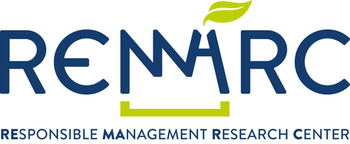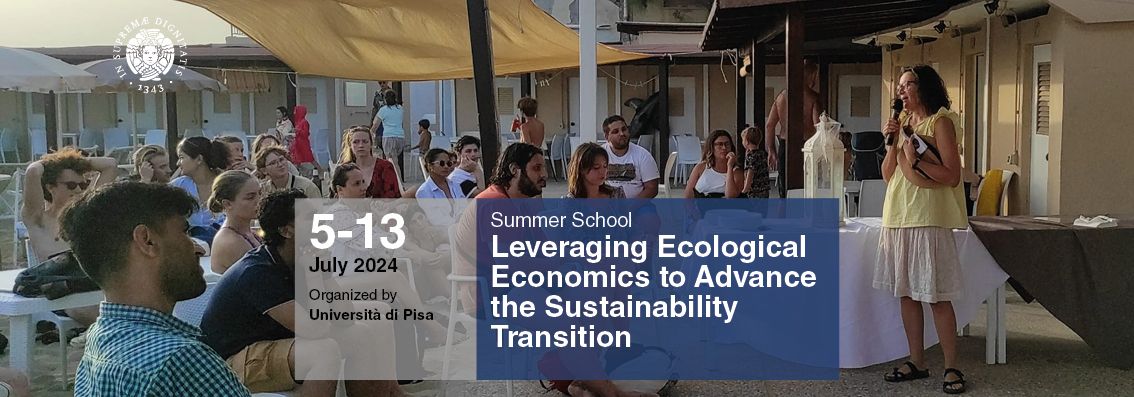The twentieth century saw enormous leaps and bounds in addressing various challenges pertaining to human development – e.g. rapid economic growth, the recognition of climate risks, poverty alleviation, better healthcare for many, addressing racial, gender, and religious inequities, etc. Such trends call for a deep understanding of the interlinkages among social, economic, and environmental challenges to provide policy advice for a legitimate, fair, and evidence-informed transition towards sustainability. Ecological Economics, with its core emphasis on interdisciplinarity and incommensurability, provides a valuable conceptual framework for exploring the needed transitions towards sustainability.
Upon completion of the summer school, students will understand the founding epistemological and analytical tools of ecological economics, which will be used to explore current sustainability challenges and the recent concepts of post growth/degrowth.
Students will be able to formulate their own informed perspective on sustainable development, and develop realistic policies/strategies for the transition towards sustainable development.
Please visit the dedicated website for the full description of the contents.

